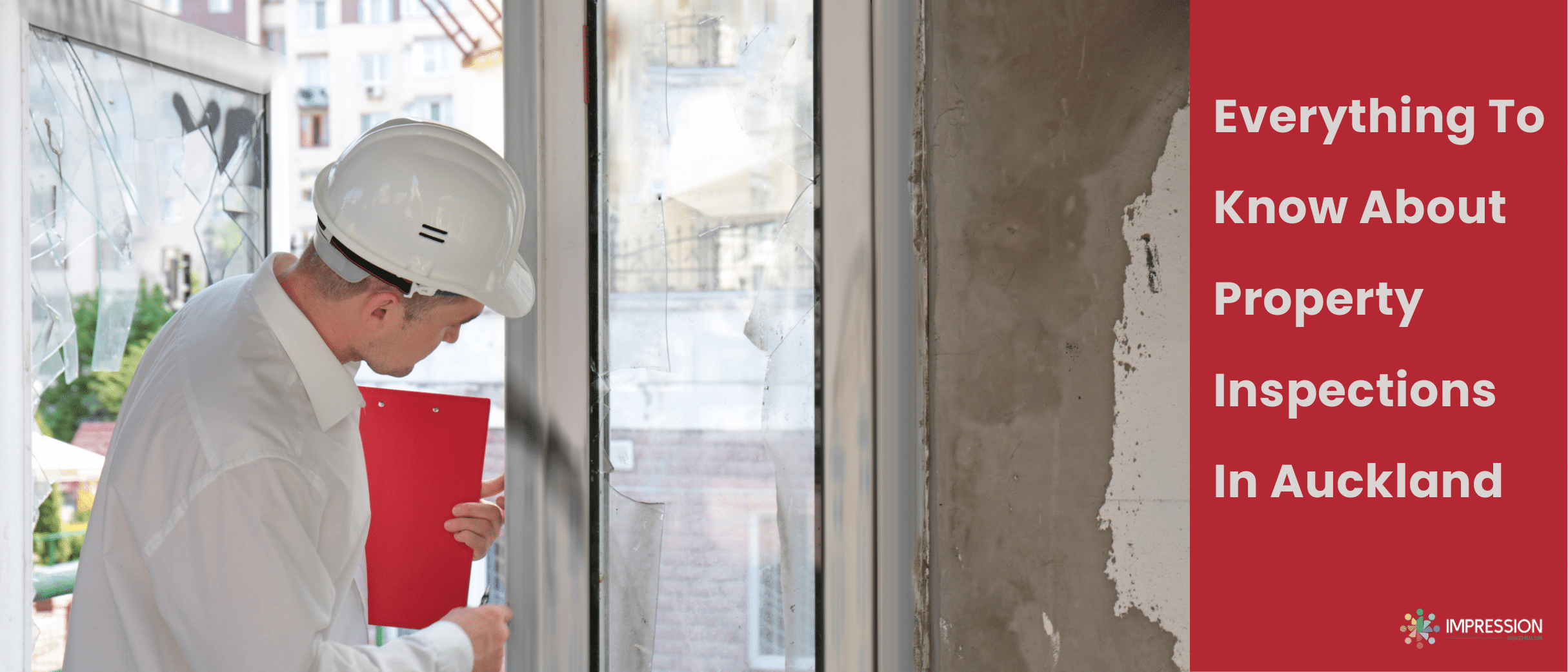
In the dynamic Auckland real estate landscape, property inspections play a pivotal role for both landlords and tenants. These regularly scheduled assessments serve as a crucial tool for maintaining the condition of rental properties, ensuring compliance with legal requirements, and fostering a harmonious landlord-tenant relationship.
As an experienced property manager, I'll share key insights into the responsibilities, focus areas, and benefits of property inspections in the Auckland market.
Tenant Responsibilities During Inspections
When it comes to property inspections, tenants play a crucial role in facilitating a smooth and productive process. Tenants are expected to:
- Tidy up the rental property: This includes tasks such as tidying up clutter, cleaning surfaces, and ensuring the property is in a generally well-kept state.
- Allow access: Tenants must allow the landlord or property manager access to the premises during the scheduled inspection time, as per the terms of the tenancy agreement.
- Report maintenance issues: Tenants should take the opportunity to report any maintenance issues or concerns they have observed, so they can be addressed promptly.
Landlord Responsibilities During Inspections
On the other side of the equation, landlords and property managers have their own set of responsibilities when conducting property inspections:
- Adhere to Legal Requirements: Landlords must follow the legal requirements for inspection frequency and notice periods, as outlined in the Residential Tenancies Act. They are typically required to provide tenants with at least 48 hours' notice before an inspection.
- Ensure Safe and Respectful Inspections: Landlords must ensure the inspection is carried out in a safe and respectful manner, prioritizing the well-being and privacy of the tenants.
Property Manager's Focus Areas
During a property inspection, the property manager will typically focus on several key areas to assess the condition of the rental property and the tenant's compliance with the tenancy agreement:
- Appliances, Fixtures, and Fittings: The property manager will examine the condition of all major appliances, as well as fixtures and fittings, such as cabinetry, doors, windows, and plumbing.
- Safety Hazards: The inspection will look for any potential safety issues, such as loose wiring, slippery floors, or other hazards that could pose a risk to the tenants.
- Cleanliness and Maintenance: The property manager will assess the overall cleanliness and maintenance of the rental property, ensuring it meets the standards outlined in the tenancy agreement.
- Compliance with Tenancy Agreement: The inspection will verify that the tenant is adhering to the terms of the tenancy agreement, such as any restrictions on pets or alterations to the property.
Benefits of Property Inspections for Tenants
While property inspections may initially seem like an intrusion, they actually provide several benefits for tenants in the Auckland rental market:
- Early Identification of Maintenance Issues: Regular inspections enable the early identification of maintenance issues, allowing the landlord or property manager to address them promptly before they escalate.
- Ensuring a Safe and Habitable Environment: The inspection process helps maintain the rental property in a safe and habitable condition for the tenants.
- Addressing Tenant Concerns: Inspections provide tenants with the opportunity to raise any concerns or issues they may have, ensuring these are addressed in a timely manner.
Post-Inspection Steps
For Property Owners:
After the property inspection, landlords and property managers will use the findings to inform their next steps:
- Scheduling Repairs and Maintenance: The inspection results will guide the landlord or property manager in scheduling necessary repairs or maintenance.
- Assessing Tenant Compliance: The inspection will also help assess the tenant's compliance with the tenancy agreement.
- Documenting Inspection Results: Proper documentation of the inspection is crucial, as it provides a record of the property's condition and any actions taken.
For Tenants:
Following the inspection, tenants can expect:
- Feedback from the Landlord or Property Manager: Tenants will receive feedback regarding the condition of the rental property.
- Addressing Identified Issues: If any issues were identified, tenants will be responsible for addressing them within a reasonable timeframe, as per the terms of the tenancy agreement.
Common Misconceptions About Property Inspections
1. Frequent Inspections Are Intrusive
While regular property inspections are necessary, landlords and property managers are required to provide adequate notice and respect the tenant's privacy. Inspections are not designed to be intrusive, but rather to ensure the property's well-being and the tenant's satisfaction.
2. Inspections Are Only About Finding Faults
Property inspections are not solely focused on identifying problems. They also serve as an opportunity for open communication, collaborative problem-solving, and preventive maintenance to maintain the rental property's condition and enhance the overall living experience for tenants.
3. Tenants Must Be Present During Inspections
While it is courteous for landlords or property managers to request the tenant's presence during an inspection, it is not a legal requirement. As long as the appropriate notice period is provided, the landlord or property manager can conduct the inspection even if the tenant is not present.Property Inspections In Auckland: Conclusion
As an experienced property manager, I've seen firsthand the value that regular property inspections bring to the table. In a dynamic rental market, property inspections are an essential component of responsible property management.
By understanding the roles and responsibilities of both landlords and tenants, and addressing common misconceptions, we can cultivate a collaborative and transparent inspection process that benefits all parties involved.

